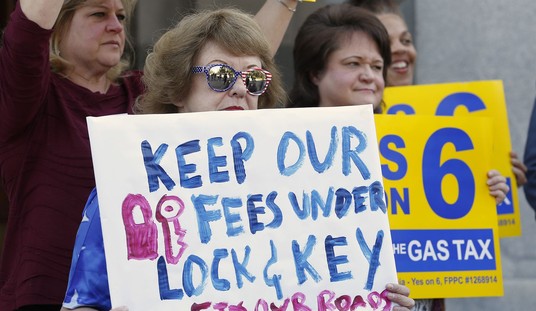According to a fresh batch of diplomatic cables from Lebanon released by Wikileaks, the Hezbollah-led “March 8” coalition that dominates Beirut’s government could fatally rupture if Syrian president Bashar al-Assad is overthrown or if the Israel Defense Forces deliver a knock-out punch during a new round of war.
One cable describes how Nabih Berri, Lebanon’s Speaker of Parliament and Hezbollah’s supposedly most loyal and powerful local ally, reacted during Israel’s bombardment of South Lebanon during the 2006 war: “Berri condemned the ferocity of Israel’s military response,” the cable says, “but admitted that a successful Israeli campaign against Hezbollah would be an excellent way to destroy Hezbollah’s military aspirations and discredit their political ambitions. . . . We are certain that Berri hates Hezbollah as much, or even more, than the [Western-backed] March 14 politicians; after all, Hezbollah’s support . . . is drawn from the Shiites who might otherwise be with Berri.”
Like Hezbollah, Berri is Shia, but unlike the Party of God (the meaning of Hezbollah’s name in Arabic), he is no Islamist. He’s the leader of Amal, an avowedly secular party. Amal and Hezbollah fought pitched battles against each other during Lebanon’s long civil war, which ran from 1975 to 1990. They later patched things up, presumably because each thought the other useful, but also because Lebanon’s politics, like Iraq’s, are inherently sectarian, making it logical for Shia parties to stick together and advance their community’s interests against the Sunni, Christian, and Druze competition. Both explanations can be ruled out, though, if Berri really was pleased by the shellacking the Israelis dealt out. The most likely reason he acts as a yes-man for Hezbollah and its patron regime in Damascus is that otherwise he’d be assassinated. The Lebanese landscape is littered with memorials to murdered politicians, many of whom were killed recently. Former prime minister Rafik Hariri, whose assassination in central Beirut kicked off the Cedar Revolution against Syria’s military occupation in 2005, is only the most notable.
Berri does what he’s told, but apparently he isn’t drinking anyone’s Kool-Aid. In 2006, he told then-U.S. ambassador to Lebanon Jeffrey Feltman that Assad’s speech boasting of Hezbollah’s “divine victory” against Israel was “stupid” and “unbelievable.” And in 2007, he even went so far as to ask for American help against Lebanon’s former president Emile Lahoud, an Assad toady installed by Damascus during Syria’s long occupation. Berri described him as a “bastard.” “Berri,” another cable says, “sought Washington’s help in derailing what the speaker suspected is a diabolical Syrian-inspired plot Lahoud plans to implement to destroy Lebanon’s parliament. Berri outlined a scenario in which Lahoud, drawing on his insistence that the [then cabinet headed by Fouad] Siniora does not legally exist, will use a creative interpretation of the constitution to dissolve parliament unilaterally when it fails to meet in its ordinary session that expires May 31.”
It hardly matters why Berri seems privately to loathe the Syrian-Iranian-Hezbollah bloc to which he nominally belongs. All that matters is that he does, and that if the regional circumstances were different—if, say, Assad’s regime is overthrown or if Hezbollah’s fighters get knocked back hard enough on their heels—Berri may well abandon his masters and take roughly half of Lebanon’s Shias with him.
The alliance between Amal and Hezbollah has always been tense. Not only have they wrestled for dominance over the Shia community; their ideologies are also drastically different. Hezbollah is a theocratic terrorist army that takes its opinions and orders from the Islamic Republic regime in Iran. Amal members and officials are routinely spotted at Beirut’s decadent nightclubs. They drink, they party, and they have sex before marriage. Their lifestyles are Western, even if their politics aren’t. They wouldn’t take kindly to the reactionary, Iranian-style laws that Hezbollah’s Secretary General Hassan Nasrallah would impose on them if he had the power.









Join the conversation as a VIP Member